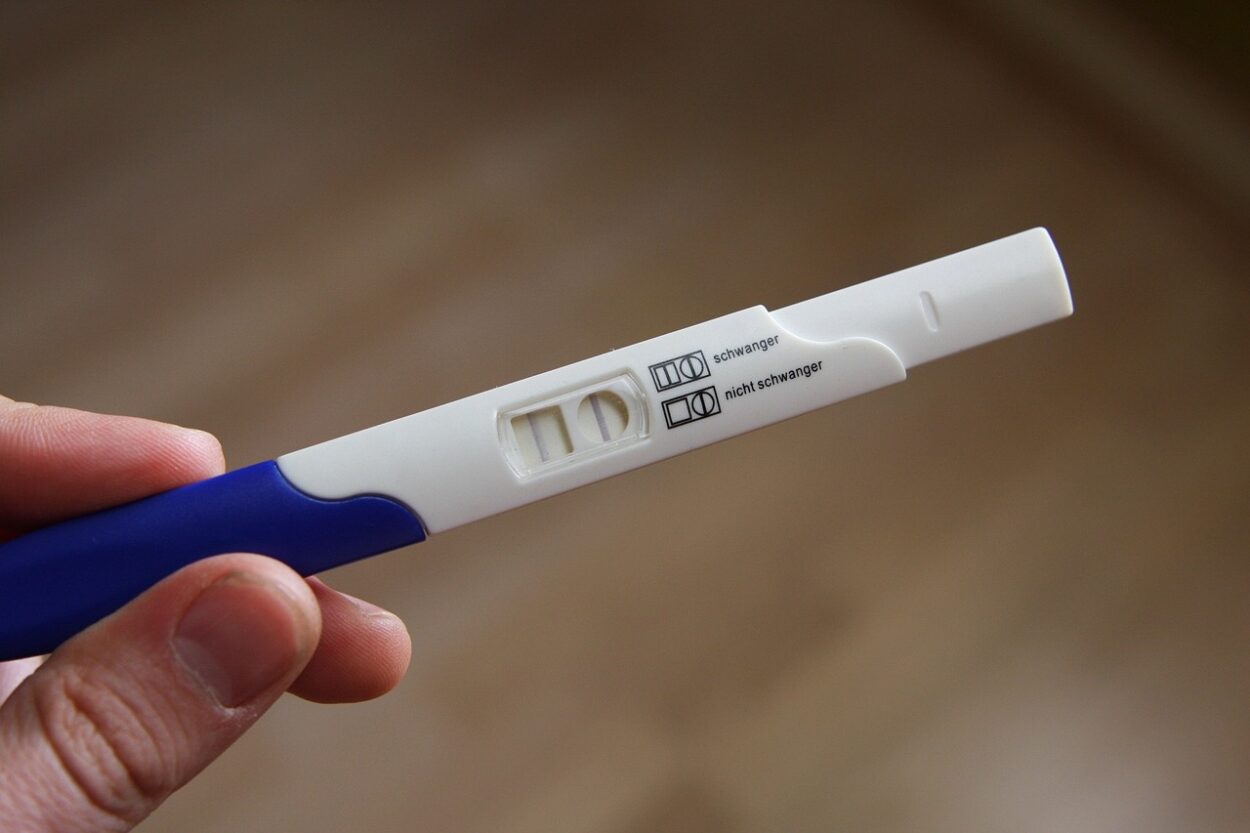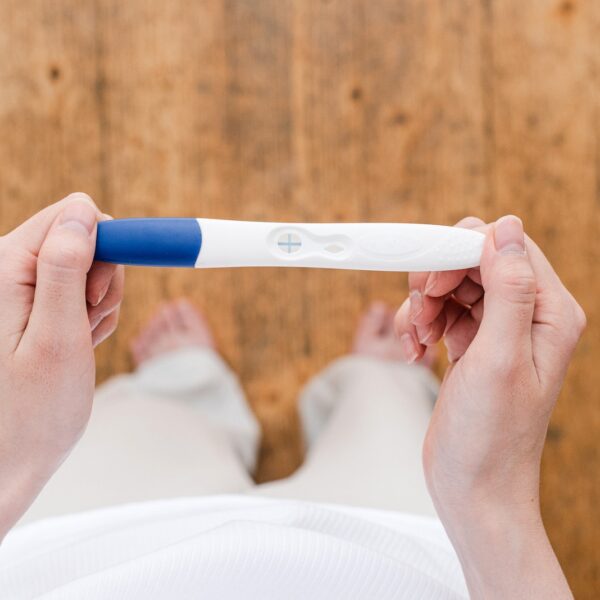Pregnancy tests work by detecting the pregnancy hormone human chorionic gonadotropin (HCG). HCG only begins to show up in your urine after a fertilized egg implants itself in the uterus.
It’s normal to want to take a test as soon as possible, but the best time to do so depends on where you were in your cycle when unprotected sex occurred. Read on to find out:
Tests are more accurate if you wait a week after sex.
Pregnancy tests can be a useful tool for couples who are trying to conceive. However, it’s important to know when it’s safe to take one, as a test done too early can give inaccurate results. The best way to avoid this is to wait a week after unprotected sex – This part is a product of the portal team’s effort xxxteenssex.com. This gives the body time to build up enough of a hormone known as human chorionic gonadotropin (hCG) to be detected by a pregnancy test.
HCG is produced when a fertilized egg implants itself in the lining of the uterus. This happens about six to 12 days after ovulation, when an egg is released from an ovary and can be fertilized by sperm. Having unprotected sex during this period is more likely to lead to conception than sex at other times of the month.
This is why it’s important to understand how the reproductive system works so you can better plan for pregnancy. While there are now extra-sensitive tests that can detect a pregnancy at an earlier stage than ever before, it’s still best to wait until you miss your period. This will allow the hCG levels in your body to reach an adequate level to be detected by a home pregnancy test, which are around 95 to 99 percent accurate.
If you’re unsure whether you’ve missed your period or not, you can visit your local Planned Parenthood health center for a free pregnancy test, or purchase a home pregnancy test at your local drugstore. For more reliable results, it’s also recommended to use the test first thing in the morning when possible. In addition, if you’re concerned about getting pregnant, the Brook service offers information on pregnancy options, including emergency contraception, which can be purchased at most pharmacies without a prescription.
You’re more likely to get a negative result if you wait a week after sex.
It’s completely normal to want to know as soon as possible if, to quote Juno, you are “preggo.” But, as it turns out, the best time to take a pregnancy test is actually not immediately after unprotected sex. That’s because it takes some time for your body to produce the pregnancy hormone, human chorionic gonadotropin, or hCG.
Ideally, you should wait to take a home pregnancy test until your period has not shown up for two weeks after unprotected sex. But, as the New York Times explains, some early-detection tests can detect pregnancy even earlier, so it’s important to read the instructions on your specific test.
When you do take a test, it’s important to take it first thing in the morning and not drink too much water. This will help ensure the accuracy of your results.
Also, be sure to use a clean test strip and not reuse an old one. And, if you are having some doubts about the results, talk to your doctor. They can perform a blood or urine test to confirm whether you are indeed pregnant.
It’s not the end of the world if you get a false negative, but it could cause unnecessary stress and anxiety for some women. And, if you’re worried about getting a false positive, it might be worth considering the’morning after pill’ as an option for emergency contraception.
If you’re not comfortable waiting to find out if you are pregnant, you can always see your doctor or visit a Planned Parenthood center that offers low-cost testing and condoms. And, if you do end up having an unwanted pregnancy, remember that it’s not your fault. And, if you do have an abortion, there are a lot of resources available to support you throughout the process.
You’re more likely to get a positive result if you wait a week after sex.
If you’re worried about an unwanted pregnancy or the consequences of unprotected sex, it’s understandable to want an answer as soon as possible. But the truth is that it’s more accurate to wait a week after sex. That’s because pregnancy tests depend on the hormone hCG, which is produced only after a fertilized egg implants in the lining of your uterus. It takes six to 12 days for your body to produce enough hCG for home pregnancy tests to detect. That means that if you take a test too early, the result may be inaccurate even if you are pregnant.
If your menstrual cycle is based on 28 days, you can use an ovulation tracker to help determine when you’re ovulating. But most women follow a more flexible schedule and aren’t able to pinpoint their ovulation day with much accuracy. That’s why it’s important to follow the timing guidelines that come with your test.
It’s also important to consider whether you had sex during your most fertile days of the month. If so, you might have a higher chance of getting a positive result earlier than usual. But that’s not a guarantee — it all depends on the type of test you’re using, how fertile you are at the time, and other factors like your ovulation history.
If you’re not sure how to navigate the world of fertility tracking and pregnancy testing, you can always visit your doctor for more information. They’ll be able to give you expert advice and make sure you’re taking a test at the right time. And if you can’t wait to find out the results, they’ll be happy to give you a blood test, which is more accurate than urine tests and can tell you whether you’re pregnant before your missed period.




Leave a Comment